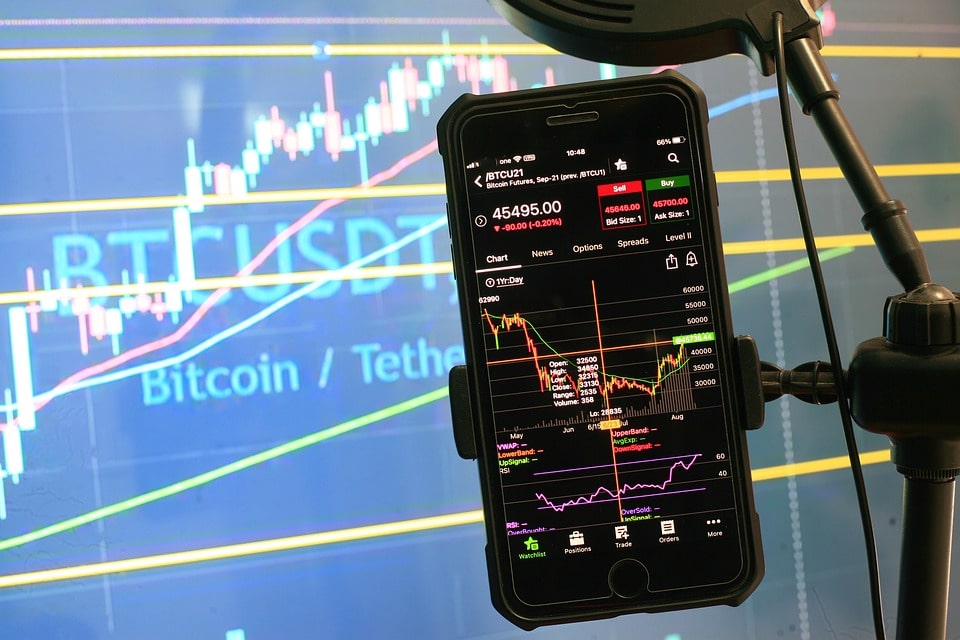
Image Source:- Pixabay
The Haitian economy is heavily reliant on remittances from the diaspora, which totaled US$2.89 billion in 2016. These inflows represent around 29% of Haiti’s GDP, making the country one of the most remittance-dependent nations in the world.
Remittances are often sent through informal channels and can be expensive; a World Bank study found that the average cost of sending US$200 to Haiti was 7.1%, compared to a global average of 5.8%.
Bitcoin could offer a cheaper and more efficient way to send money home, which would be a huge boost for the Haitian economy. In addition, BTC could also be used to make investments in Haiti more accessible to people around the world. Visit teslacoin for more information.
There are already a number of initiatives underway to promote the use of BTC in Haiti. In 2017, the UN’s World Food Programme (WFP) launched a pilot project that used BTC to send money to Haitian refugees living in the Dominican Republic. The WFP plans to expand the program to other countries.
In 2018, the non-profit organization BitGive launched a project to build a school in Haiti with BTC donations. And this year, a Swiss crypto startup called Equisafe is working on a platform that will allow Haitians to invest in real estate using BTC.
The potential for BTC to make a positive impact on the Haitian economy is clear. If more people and businesses start using cryptocurrencies, it could help to reduce poverty and stimulate economic growth.
The economy of Haiti is in a dire state. The country is plagued by poverty, corruption, and infrastructure problems. However, there is one bright spot on the horizon: Bitcoin (BTC).
Bitcoin has the potential to make a huge impact on the Haitian economy. For one, it could help to improve the country’s financial infrastructure. At the moment, Haiti lacks a modern banking system. This makes it difficult for businesses to access capital and for people to save money.
With Bitcoin, however, anyone can send or receive payments instantly and cheaply. This could be a game-changer for Haitians who are currently relying on expensive and slow money transfer services.
Furthermore, Bitcoin could help to reduce corruption in Haiti. Currently, the country’s government is notoriously corrupt. This means that many of the country’s resources are diverted into the pockets of a few well-connected individuals.
However, Bitcoin could help to change this. With its decentralized nature, it would be very difficult for anyone to control or manipulate the Bitcoin network. This could make it much harder for corrupt officials to steal funds meant for public works projects or other important initiatives.
Finally, Bitcoin could boost the Haitian economy by bringing in new investments. At the moment, Haiti is not an attractive destination for foreign investors due to its political instability and lack of infrastructure. However, if Bitcoin were to take off in the country, it could attract a whole new class of investors who are looking to capitalize on the growing digital economy.
In conclusion, Bitcoin could have a major impact on the Haitian economy. It has the potential to improve the country’s financial infrastructure, reduce corruption, and attract new investments. If Bitcoin were to take off in Haiti, it could be a major boon for the country’s development.
Haiti is a small island country located in the Caribbean Sea. It is one of the poorest countries in the world, with more than 60% of the population living below the poverty line. Despite its challenges, Haiti has a lot to offer. It is a beautiful country with a rich culture and friendly people.
The economy of Haiti is largely based on agriculture. However, it is also heavily reliant on foreign aid and remittances from Haitians living abroad. These two sources of income account for more than 50% of Haiti’s GDP.
The Haitian government has been working hard to improve the country’s economy and attract foreign investors. However, progress has been slow due to corruption and political instability.
Bitcoin could be a game changer for Haiti.
Bitcoin is a digital currency that can be used to send and receive payments without the need for a central bank or government. This makes it ideal for countries like Haiti, where the government is corrupt and the banking system is unreliable.
Bitcoin could also help boost the economy of Haiti by bringing in new investments. There are already a number of businesses operating in Haiti that accept Bitcoin, and this number is growing. If more businesses start to accept Bitcoin, it will become easier for people to spend their money in Haiti, which will help to boost the economy.


![How To Perform Basic Photo Editing Like A Pro [Step By Step Guide] How To Perform Basic Photo Editing Like A Pro [Step By Step Guide]](https://www.techpcvipers.com/wp-content/uploads/2020/05/Professional-Photo-Editing-180x180.jpg)
